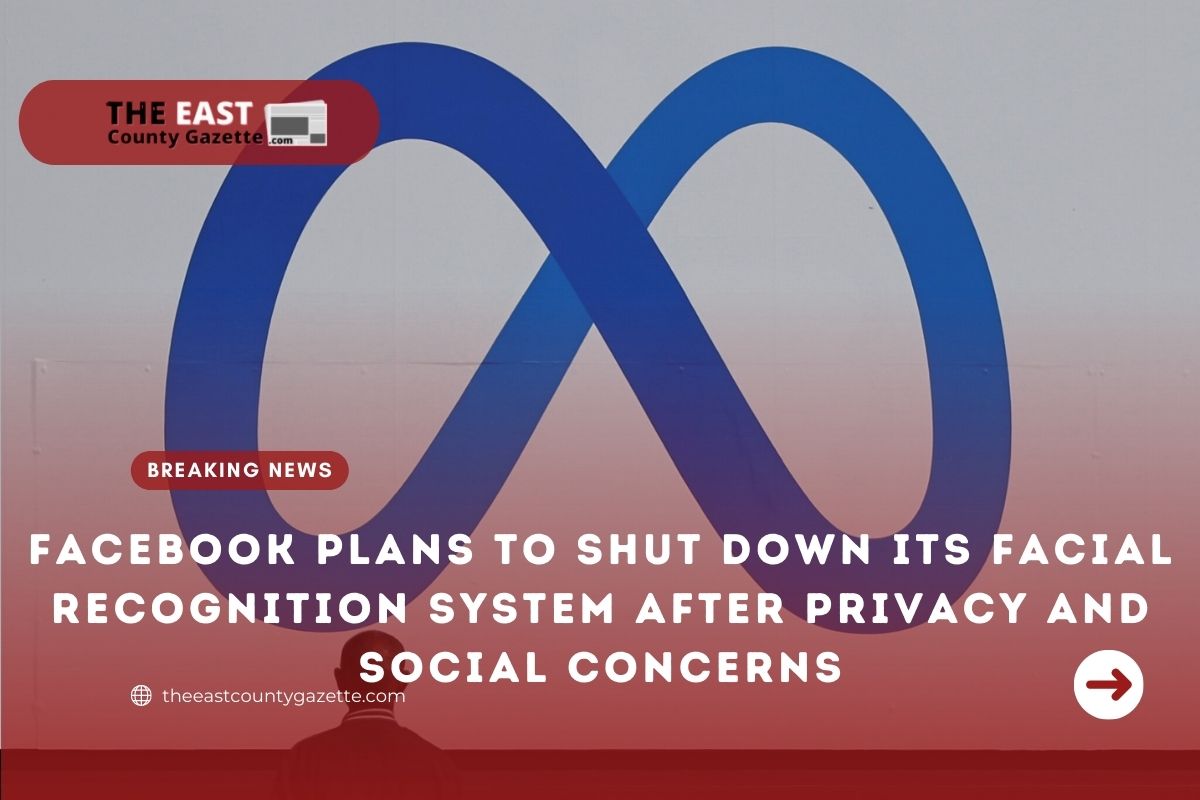Facebook Plans to Shut Down Its Facial Recognition System After Privacy and Social Concerns
Earlier this month, Facebook announced plans to end the facial recognition feature, which nearly 1 billion users have used, bringing an end to a feature that raised privacy concerns, prompted investigations and class-action lawsuits, and was opposed by regulators.
Facebook’s new parent company, Meta, led by artificial intelligence vice president Jerome Pesenti, said in a blog post-Tuesday that the social network had made the switch because of “the many concerns about the place of facial recognition technology in society.”
He also said that the software was still a powerful tool, but “every new technology brings with it potential for both benefit and concern, and we want to find the right balance.”
With this decision, Facebook has decided to shut down a feature that helped users save time in December 2010.
Using facial recognition technology, the software identified users whose images appeared in digital photo albums and suggested that they “tag” them all to link them to their accounts. In recent years, Facebook has grown to become one of the largest digital photo repositories in the world, largely due to this software.
The accuracy and power of facial recognition technology, which has improved in recent years, has been the subject of heated debate due to the possible misuse of such technology by governments, law enforcement, and businesses.
Uighurs, a Muslim minority group are being tracked and controlled in China by authorities with the technology. The software has been used to assist policing in the United States, leading to concerns about overreaching and mistakes in arrests. As a result, some cities and states have restricted or banned the use of technology.
Neither Facebook nor its software was sold to third parties. The company only used its facial recognition capabilities internally. Nevertheless, the feature caused regulatory and privacy headaches for the company. Several privacy advocates have repeatedly questioned Facebook’s ability to use facial data and how much it had gathered.
It gets worse as startups and other entities can develop and train facial recognition software by using pictures found on social networks.
Read More: Biden Administration: Tech Experts to Serve in Government Posts
Facial recognition software was among the concerns of the Federal Trade Commission when it fined Facebook $5 billion for privacy violations in 2019.
Additionally, Facebook paid $650 million last year to resolve a class-action lawsuit in Illinois alleging the company had violated a law requiring consent from residents before the company could use their biometric information, including their “face geometry.”
Meanwhile, Facebook has also faced intense public scrutiny since announcing its latest updates on facial recognition technology.
Recent months have seen lawmakers and regulators mobilizing against Facebook after a former employee, Frances Haugen, released tens of thousands of internal documents showing that the company knowingly allowed the spread of misinformation, hate speech, and violence-incitement.
Congress has held hearings and regulators have conducted inquiries in response to the revelations. Facebook CEO Mark Zuckerberg renamed his company last week as Meta and announced that the company would focus on building products for the next digital frontier, a world that he refers to as the metaverse.
More than a third of Facebook’s daily users have been affected by the change because their accounts were set to use facial recognition, Facebook said. By doing so, they would receive notifications when new content of theirs was uploaded to the social network.
This feature was also useful for flagging accounts whose identities might have been impersonated and the software was included in blind users’ software to describe photos.
“Making this change required us to weigh the instances where facial recognition can be helpful against the growing concerns about the use of this technology as a whole,” Jason Grosse, Meta spokesperson disclosed.
Facebook plans to erase over 1 billion digital scans of facial features, or facial recognition templates, by December, but the algorithm that powers the system, DeepFace, will stay. Furthermore, Grosse said the company is not ruling out the possibility of using facial recognition technology in the future.
The decision was applauded by privacy advocates nonetheless.
“Facebook getting out of the face recognition business is a pivotal moment in the growing national discomfort with this technology,” Adam Schwartz, a senior lawyer with the Electronic Frontier Foundation said, a civil liberties organization.
“Corporate use of face surveillance is very dangerous to people’s privacy,” Adam added.
Read More: Switch to T-Mobile & Get Exclusive $1,000 Promo
The social media company has not been the first to remove facial recognition software. Face recognition technology has been halted or ceased to be sold by Amazon, Microsoft, and IBM to government or law authorities, citing concerns about privacy and algorithmic discrimination and requesting greater regulation.
Facebook has a long and costly record with its facial recognition software. Upon the rollout of the software to Europe in 2011, the European data protection authorities said the project was unlawful and that the company had to obtain consent from the individual to analyze the photograph and determine the unique patterns of each face. A class-action lawsuit was also filed in Illinois in 2015 based on the technology.
An advocacy group based in Washington, the Electronic Privacy Information Center, filed two complaints with the Federal Trade Commission regarding Facebook’s use of facial recognition. Facebook was fined by the Federal Trade Commission in 2019 while naming the site’s privacy settings as bewildering, especially those dealing with facial recognition.

